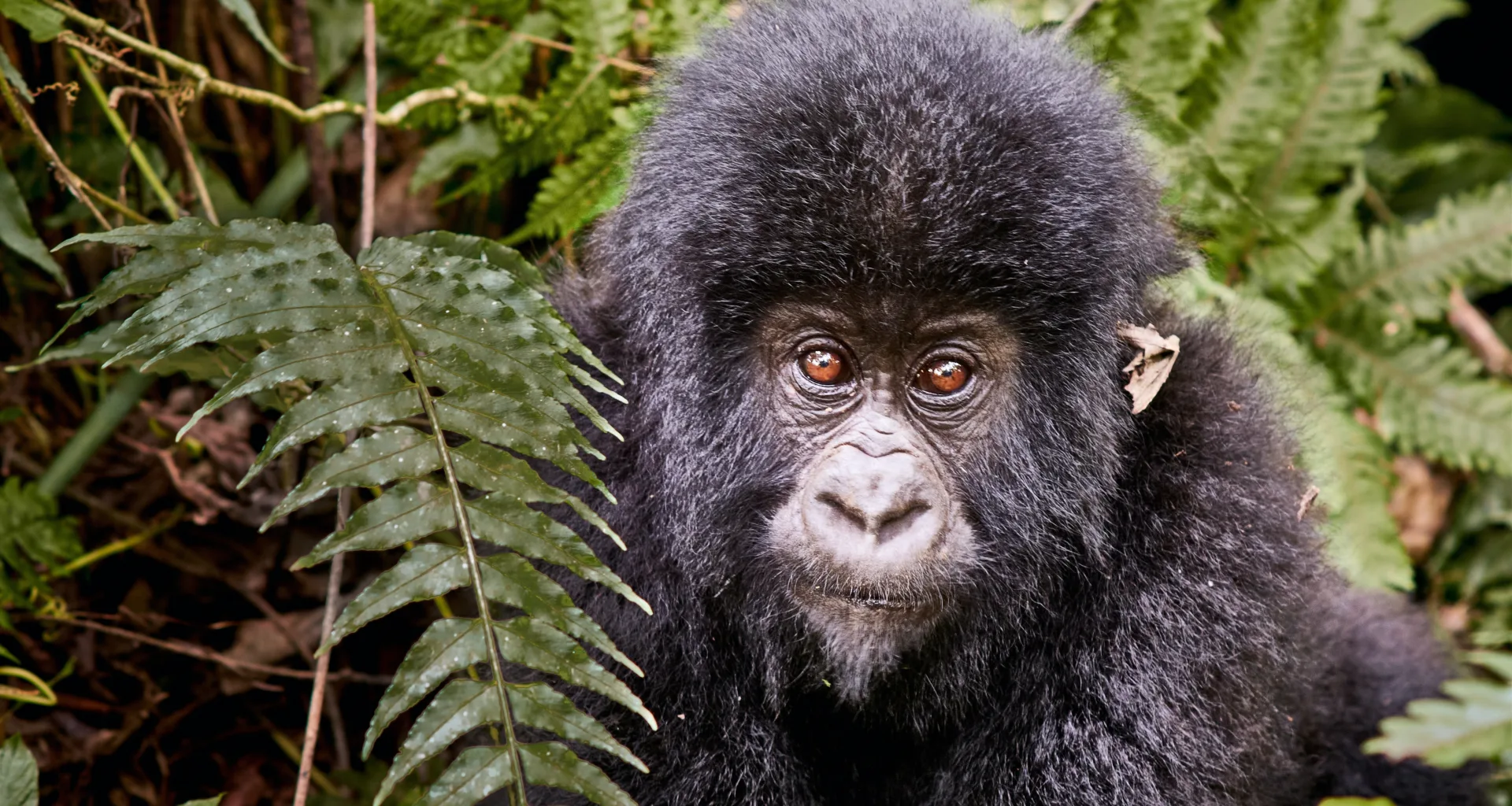Virunga National Park in Congo has become the first national park to operate a Bitcoin mine, reported Technology Review this week. The park’s director, Emmanuel de Merode, sees this as a way to generate revenue to protect the park’s forests and wildlife, as well as provide benefits to locals. The proceeds from the sale of Bitcoin are already being used to pay for park salaries and infrastructure projects such as roads and water pumping stations. Power from the park’s hydro plants is also supporting business development in the area.
The decision to start mining Bitcoin was made in 2020 when tourism revenue, which usually makes up 40% of the park’s revenue, collapsed due to kidnappings by rebels and the outbreak of Ebola. The COVID-19 pandemic further exacerbated the situation. The park began mining in September of 2020 and the price of Bitcoin subsequently rose.
Virunga has a history of conflicts over its resources, with illegal logging and farming taking place in the park. Rebel groups also often profit from the park’s resources, which has led to the loss of 10% of the park’s tree cover and an estimated loss of $170 million in trees and ivory annually. De Merode is sympathetic to complaints from locals who feel they are being denied access to the park’s resources but believes that creating a sustainable economy tied to the park’s resources is the best way to protect it.
The park has three hydro plants that have been opened since 2013, and a fourth is currently under construction. This plan was partly funded by Howard Buffett, who withdrew his support over a disagreement with de Merode about how the funds were being spent. Despite this, de Merode is confident that the hydro plants and the Bitcoin mine will provide a long-term solution to protecting the park and providing benefits to the local community.







